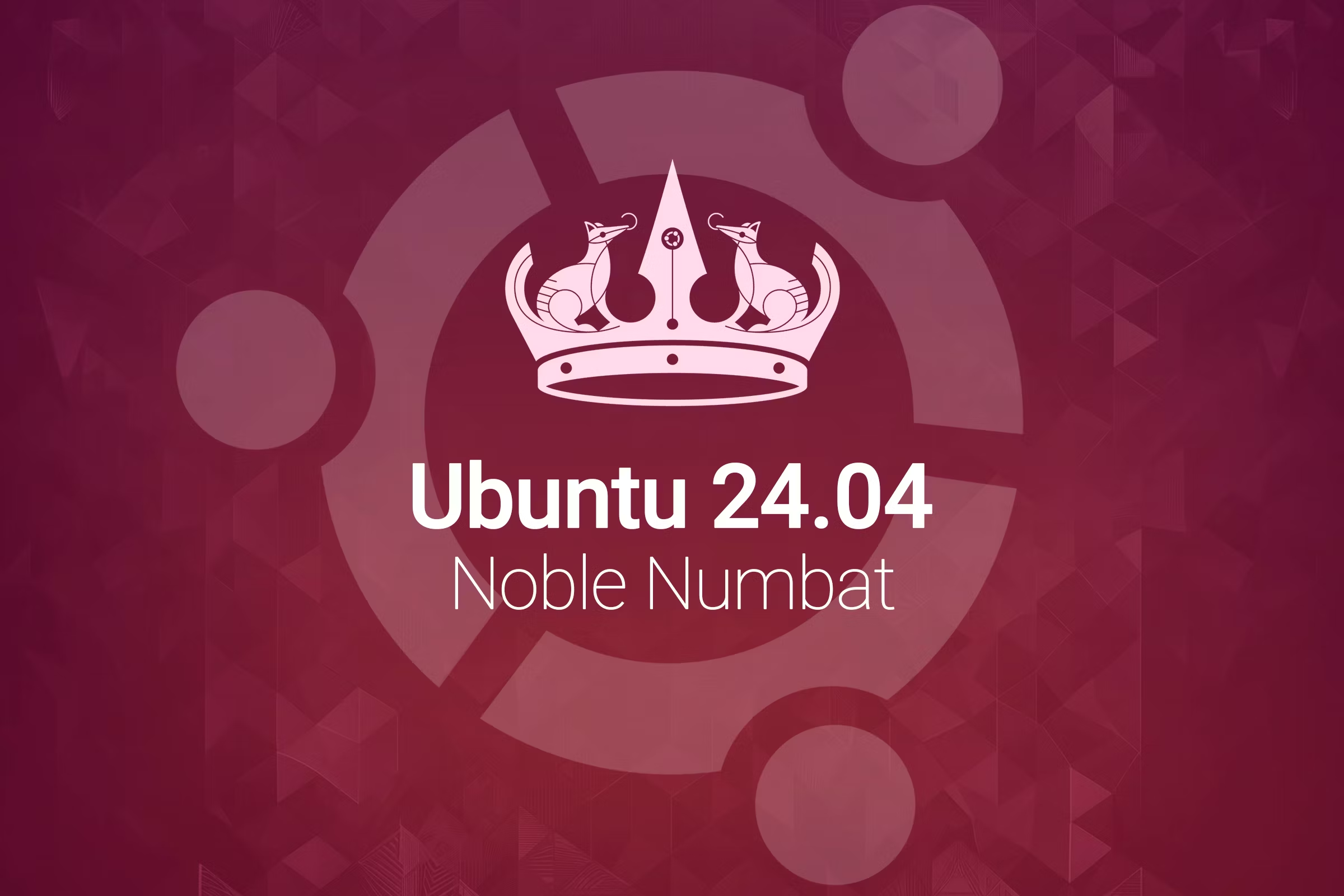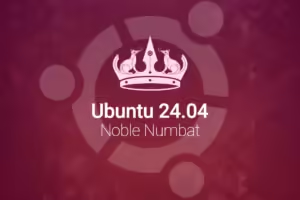
Ubuntu 24 Version
Ubuntu 24 is the latest iteration of the popular open-source operating system developed by Canonical. Scheduled for release in April 2024, this version continues the tradition of offering a stable, secure, and user-friendly environment for desktops, servers, and cloud infrastructure. Ubuntu 24 promises to deliver enhanced performance, new features, and improved user experience, making it an excellent choice for both newcomers and seasoned Linux users.
Download from another link

Ubuntu 24 Version: The Ultimate Guide
Key Features of Ubuntu 24
Enhanced User Interface:
- GNOME 45: Ubuntu 24 ships with the latest GNOME 45 desktop environment, providing a polished and modern look with new themes, icons, and animations.
- Wayland by Default: Wayland is now the default display server, offering smoother graphics and better performance compared to X11.
Improved Performance:
- Kernel 6.2: The inclusion of Linux Kernel 6.2 brings better hardware support, improved power management, and enhanced performance.
- ZFS Enhancements: Advanced ZFS file system improvements for better data integrity and storage efficiency.
Security and Privacy:
- AppArmor Updates: Enhanced AppArmor profiles for better application security.
- Encrypted Installation: Simplified options for full-disk encryption during installation to protect user data.
- FIDO2 Support: Built-in support for FIDO2 hardware keys for enhanced authentication security.
Developer and Productivity Tools:
- Snap and Flatpak Integration: Seamless integration of Snap and Flatpak package formats, providing access to a wide range of applications.
- Ubuntu Software Center: Improved Software Center with a more intuitive interface and faster application installation.
- Updated Development Tools: Latest versions of development tools, including Python, Node.js, GCC, and more.
Cloud and Server Capabilities:
- Improved LXD: Enhanced Linux Containers (LXD) for better performance and management of containerized applications.
- OpenStack Yoga: The latest OpenStack Yoga release for building and managing private and public clouds.
- MicroK8s Enhancements: Updated MicroK8s for a lightweight, production-grade Kubernetes distribution.
System Requirements
To install Ubuntu 24, your hardware must meet the following minimum system requirements:
- Processor: 2 GHz dual-core processor or better.
- RAM: 4 GB or more.
- Storage: 25 GB of free hard drive space.
- Display: VGA capable of 1024×768 screen resolution.
- Internet Access: An internet connection is recommended for updates and additional software installations.
Installation and Setup
Downloading Ubuntu 24:
- Official Website: Download the ISO file from the official Ubuntu website.
- Torrent: Alternatively, use a torrent client to download the ISO file for faster and more reliable downloads.
Creating Installation Media:
- USB Drive: Use tools like Rufus or Etcher to create a bootable USB drive.
- DVD: Burn the ISO file to a DVD if preferred.
Installation Process:
- Boot from Installation Media: Insert the USB drive or DVD and boot from it. Follow the on-screen instructions to begin the installation process.
- Select Installation Type: Choose between a standard installation or minimal installation, depending on your needs.
- Partitioning: Configure disk partitions manually or use the guided option to install alongside existing operating systems or replace them.
- Setup User and Password: Set up your user account and password during the installation process.
Post-Installation Setup:
- System Updates: Run system updates to ensure all packages are up to date.
- Install Drivers: Install any necessary proprietary drivers for your hardware.
- Software Installation: Use the Ubuntu Software Center or terminal to install additional software and applications.
Using Ubuntu 24
Desktop Environment:
- Customization: Customize the GNOME desktop environment with various themes, extensions, and settings.
- Workspace Management: Efficiently manage workspaces and applications with GNOME’s workspace features.
Productivity Applications:
- Office Suite: LibreOffice comes pre-installed for all your office productivity needs.
- Email and Calendar: Thunderbird for email management and GNOME Calendar for scheduling.
Multimedia:
- Media Playback: VLC Media Player for versatile media playback.
- Photo Management: Shotwell for photo organization and basic editing.
Software Management:
- Ubuntu Software Center: Easily search for and install a wide range of applications.
- Terminal: Advanced users can use the terminal for installing software and system management with APT.
Best Practices
- Regular Updates:
- System Updates: Regularly update your system to keep it secure and running smoothly.
- Software Upgrades: Periodically upgrade installed software packages to their latest versions.
- Security Measures:
- Firewall: Use the Uncomplicated Firewall (UFW) to protect your system.
- Backups: Regularly back up your data using tools like Deja Dup.
- Performance Optimization:
- Disk Cleanup: Remove unnecessary files and applications to free up space.
- Resource Monitoring: Use System Monitor to keep an eye on system performance and resource usage.
- Documentation and Support:
- Community Support: Utilize the Ubuntu forums and Ask Ubuntu for community-driven support.
- Official Documentation: Refer to the official Ubuntu documentation for detailed guides and troubleshooting tips.
Common Issues and Troubleshooting
- Installation Issues:
- Media Integrity: Ensure the installation media is not corrupted by verifying the checksum.
- Compatibility: Check hardware compatibility and ensure all components meet the minimum system requirements.
- Performance Issues:
- Slow Performance: Monitor system resources and close unnecessary applications.
- Graphics Issues: Install proprietary drivers for your GPU if experiencing graphical problems.
- Network Connectivity:
- Wi-Fi Issues: Ensure drivers for your wireless adapter are correctly installed and configured.
- Slow Internet: Troubleshoot network settings and consider switching to a wired connection if possible.
- Software Compatibility:
- Legacy Software: Use compatibility layers like Wine to run legacy Windows applications.
- Package Issues: Resolve dependency issues by using APT or Snap to install required libraries.
Ubuntu 24 for Businesses and Developers
For businesses and developers, Ubuntu 24 offers several advantages:- Enterprise-Grade Security: Robust security features ensure data protection and compliance with industry standards.
- Scalability and Flexibility: Suitable for a wide range of deployments, from desktops to servers and cloud environments.
- Developer-Friendly: Pre-installed development tools and support for multiple programming languages streamline the development process.
